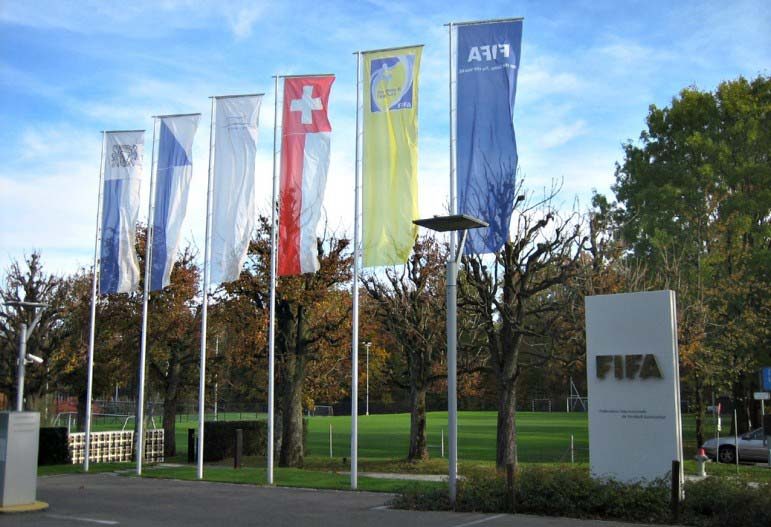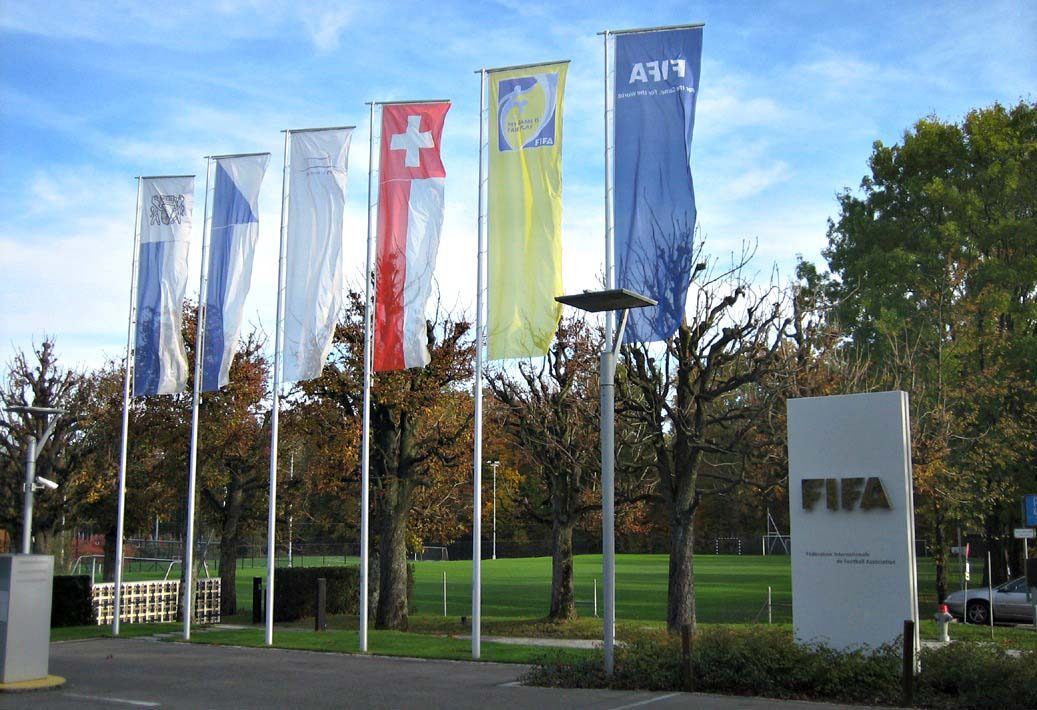
International advocacy groups are putting pressure on the world’s governing football body this week as members of the FIFA Executive Committee (ExCo) gather in Zurich to discuss the 2022 World Cup and labor rights in Qatar.
During the two-day meeting, which opens today, ExCo member Dr. Theo Zwanziger is expected to present a new report addressing the working and living condition of low-income expats in Qatar, and discuss “feasible and sustainable solutions,” FIFA said in a statement.
Zwanziger was appointed by FIFA President Sepp Blatter to coordinate talks about migrant rights in Qatar with various groups, including trade unions, advocacy groups and the International Labour Organization.
Earlier this week, following a meeting with the Building and Wood Workers’ International (BWI), Zwanziger said:
“I think we all agree that the situation of the migrant workers is a complex matter, and we cannot expect things to change overnight, but we need to work together in an intensive approach in order to support the work currently being done by the competent authorities in Qatar.”
Widespread concern
The conditions of Qatar’s working class – particularly construction workers building up the nation’s infrastructure and stadiums ahead of the 2022 tournament – have attracted considerable concern and attention from the international community.
In the past several months, Human Rights Watch, Amnesty International and the United Nations have called on Qatar to abolish the restrictive kafala system and enforce its labor laws so that all workers would get paid on time, have access to proper safety equipment onsite and live in hygienic accommodations, among other things.
Qatar has responded to these concerns by saying abuses are not as widespread as international media reports suggest. But labor officials have also said they are working to improve conditions.
Meanwhile, following the last FIFA ExCo meeting on Qatar in October, Blatter said the organization could not interfere with the Gulf nation’s policies, but that it could not “ignore” abuses either.
Last weekend, FIFA secretary general Jerome Valcke echoed that sentiment in an interview with Al Jazeera:
“FIFA is not a United Nations. FIFA is about sport…
We can tell the country it goes against FIFA’s rules, it goes against FIFA’s ethics codes. It goes against FIFA’s principle. And we can help and change. But we cannot be seen as responsible for what’s happening in different countries.”
In response to these remarks, Amnesty International yesterday called on FIFA to “end mixed messages” about its stance on labor abuses in Qatar.
In a statement, researcher James Lynch said:
“FIFA should have a clear and consistent public message that human rights must be respected in the preparation and staging of World Cups and should be advocating to the Qatari government to urgently address the risk of labour rights abuses in the context of the 2022 World Cup. It is time for FIFA to clarify where it stands.”
Bribery allegations
Separately, FIFA is in the hot seat this week after the Telegraph reported that the organization’s former vice president and his family were paid nearly $2 million from a company controlled by someone working on the 2022 bid.
The payments were awarded in December 2010, shortly after Qatar won the 2022 World Cup. Qatar’s Supreme Committee for Delivery & Legacy has denied any wrongdoing, and said that it is “unaware of any allegations surrounding business dealings between private individuals.”
Both men named in the report – Jack Warner and Mohamed Bin Hammam – were banned for life from football events by FIFA in 2012 over earlier bribery charges.
In response to renewed allegations, FIFA’s ethics committee chair Michael Garcia will meet with board members in Zurich who voted for Qatar and question them about the bidding process, the Telegraph reports.
Thoughts?







